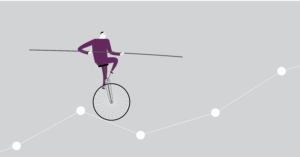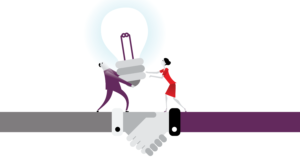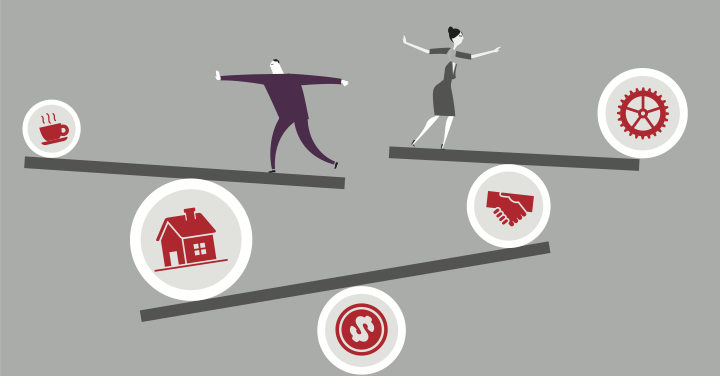
Just about every leadership book and every leadership speaker talks about the importance of allowing people to fail. The concept is delegation does not occur unless and until I enable people to make their own decisions, take their own risks, and succeed or fail on their own.
Easy to say, hard to do, on so many levels. Some of the common questions are:
- How much risk should I allow them to take?
- What if I am certain they are making the wrong decision, a decision that will cost me money, put the company at risk, put the person at risk? How can I look away and allow the failure to occur?
- How many failures are okay?
Lately, I have come to realize this question, who gets to decide, also applies to our personal lives. The following stories brought this realization home to me.
A friend’s teenage son is more focused on sports than on his homework, a familiar story. Mom says, “we have to make him do his homework.” Thus ensues a fight between mom and son. Dad says, “let him suffer the consequences if he chooses not to do his homework.”
Who gets to decide? Who is “right”?
The 89-year-old father of a friend has cancer. His actions indicate he is confused about what he wants. He says he is willing to get treatment but misses his treatment appointments. He lives alone and refuses a live-in caregiver or even a visiting caregiver. Before the cancer diagnosis, he was cognitively in fine shape. Son says, “we have to make him go for his treatments.” Daughter says, “if he wants to be alone, doesn’t attend his appointments, doesn’t return the doctor’s phone calls, it’s his decision to make, not ours.”
Who gets to decide? Who is “right”?
Back to the three questions from the leadership story:
- How much risk should I allow them to take?
- What if I am certain they are making the wrong decision, a decision that will cost me money? How can I simply look away and allow the failure to occur?
- How many failures are okay?
Which choice is the more courageous one? Who gets to decide?






 The initial results of my Pivot are excellent. I feel I have much greater clarity regarding the next 3-5 years..
The initial results of my Pivot are excellent. I feel I have much greater clarity regarding the next 3-5 years..  John Yerger
John Yerger